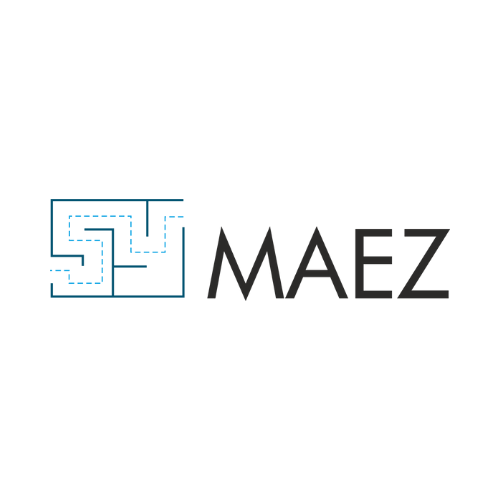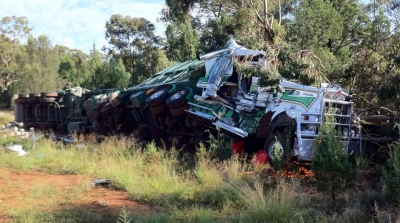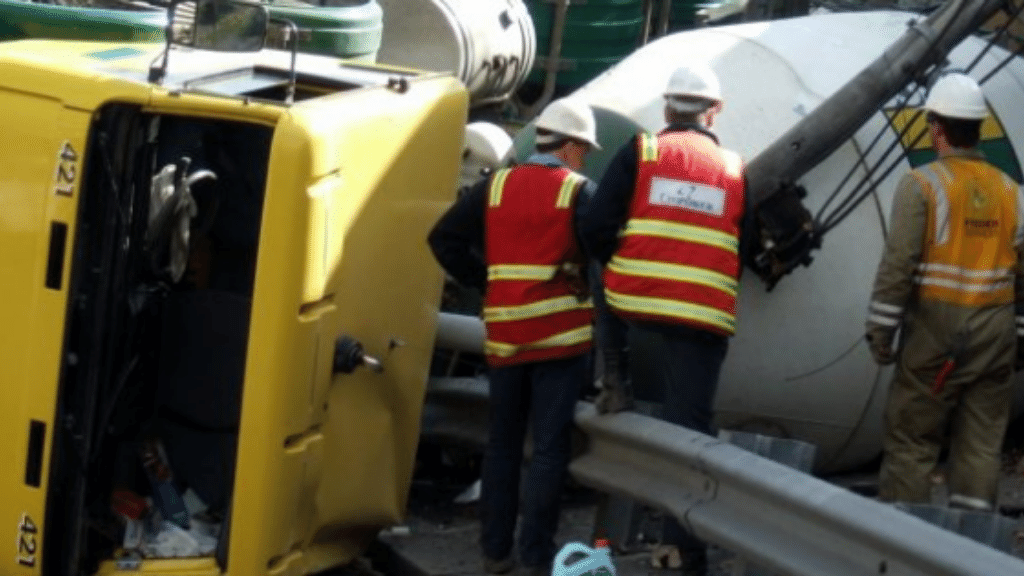So we all get tired and I hope you don’t get tired when reading my blog posts! But I wanted to elaborate on fatigue, as it is a large aspect of CoR and if you’re reading this, more than likely important to you or someone you know.
What are your people or you doing directly, to avoid being caught out on the wrong side of the law, when it comes to fatigue management?
One of the largest changes in transport safety rolled out in 2018. What the transport industry knows, is this has changed the way they operate forever, how much of an impact it has is yet unknown. But, the legislation keeps getting tighter and this change, probably won’t be the end. But what the transport industry is challenged most by, is the behaviour of the consignor and consignee.
What is a consignor or consignee you ask? The person who sends the goods or receives the goods, the distributor or recipient.
The behaviour that transport providers are challenged most by, is the lack of understanding these entities, both consignor and consignee, have on the transport aspect of the supply chain, more o on the fatigue management of drivers in the transport task. Transport providers are finding themselves in the middle of this pickle, more and more. The consignor and consignee’s both seem to lack understanding of the Chain of Responsibility legislation, in most examples. What is most alarming to transport operators, is the fact that allot of consignors don’t even know they are breaking the law daily and the consignees worse, cos they just receive the goods right? Wrong!
Have you ever been in a rush? Sure, we all have and we’ve all needed something yesterday as well. But one of the biggest pitfalls that both consignees and consignors have in common is that they don’t plan well enough, put pressure on the chain to support their needs and by doing so, it puts pressure on the transport companies to ‘hurry up’, causing issues and pressure in fatigue management especially, not to mention speed management. But by doing that, they unknowingly add pressure to the drivers, potentially further down the food chain.
If an accident occurs and it is proven that the supply chain ‘rushed’ the supply of goods, this is called commercial pressure. If proven in the courts, the directors of the company of the consignor and/or the consignee, right down to the person who made the call to the transport company to ‘get those goods here ASAP!’ are liable for prosecution and stiff penalties as of the 1st October 2018.
So if you’re a consignor or consignee, or any aspect of the Supply Chain industry, take the time to do two things.
- Consult with your transport operators both in and out of your operation with an emphasis on ensuring sound fatigue management across the transport task.
- Ensure that your people are trained in CoR (Chain of responsibility) legislation.
- Ensure the transport task has an active safety system with a focus on transport safety improvement, with a special emphasis on fatigue management.
If you would like any further information, please contact me using the link below. Stay Safe!
Written by Matthew Wragg
.png?width=190&name=IPA%20Logo%20Transparent%20(Hi-Res).png)




